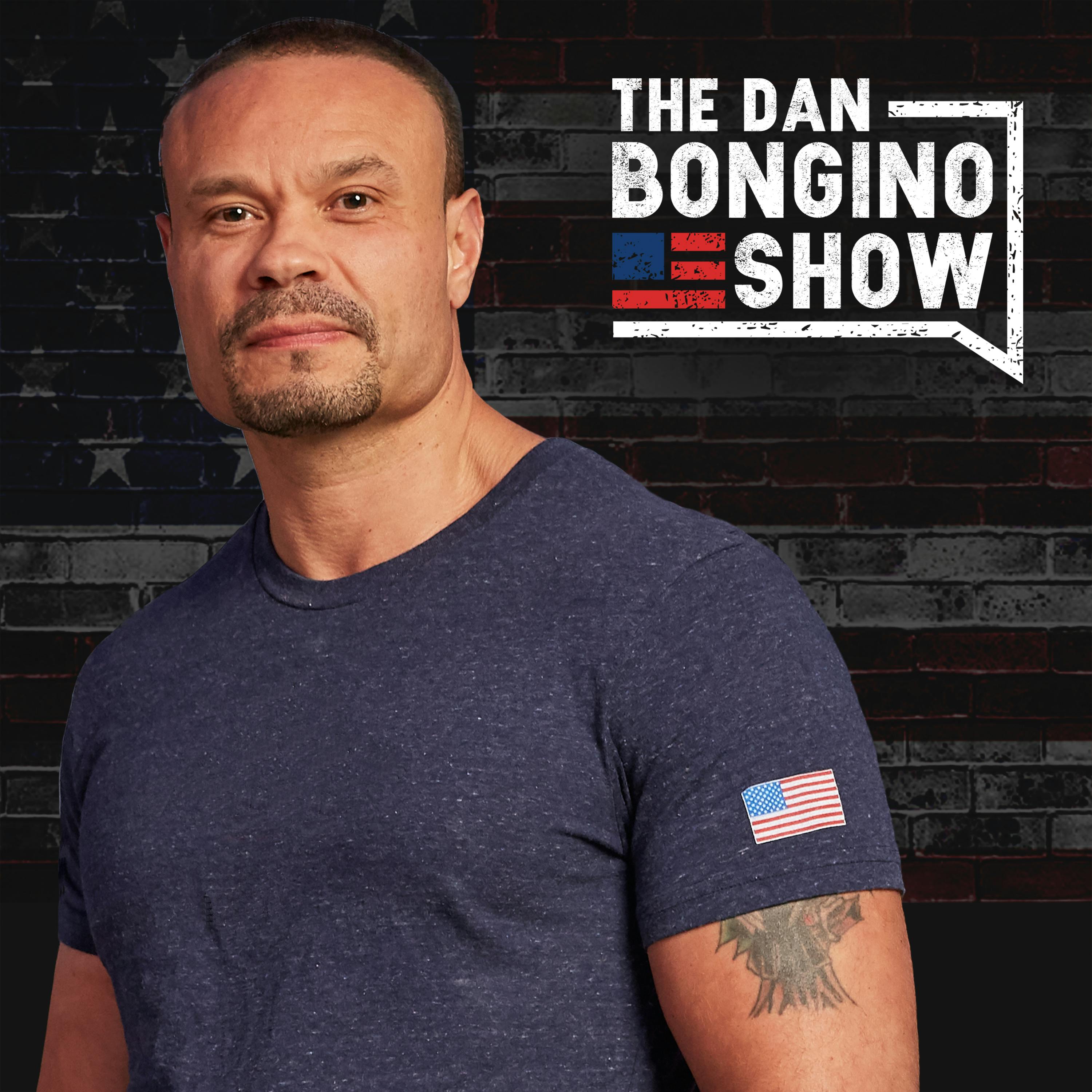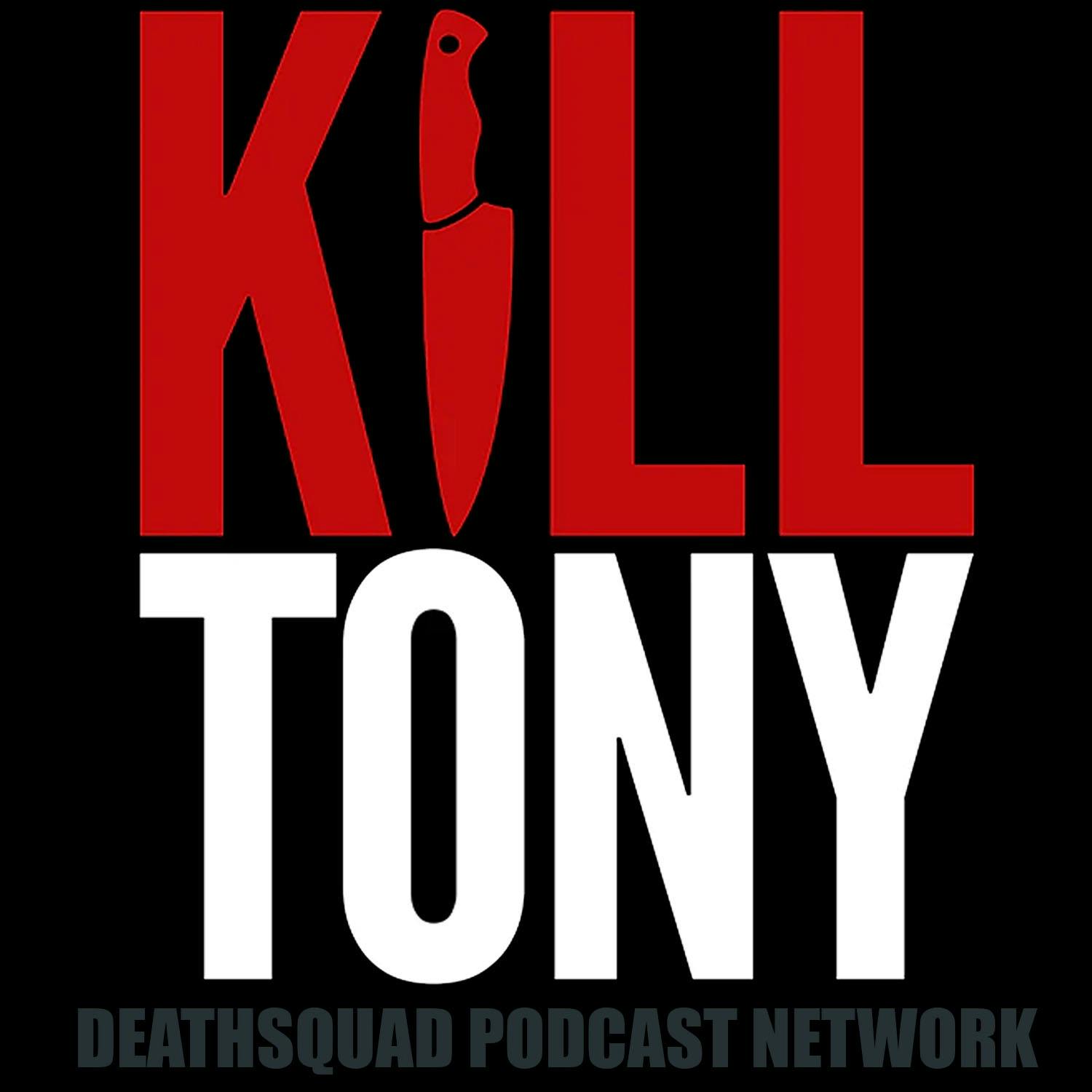AI Summary
Bessel van der Kolk, an expert in trauma, discusses the significant impacts of trauma on individuals, particularly focusing on childhood experiences. The conversation emphasizes the effectiveness of EMDR therapy in treating PTSD, critiques traditional therapies like cognitive behavioral therapy, and highlights the importance of secure attachments in childhood. Van der Kolk explores the links between trauma, creativity, and brain function, underscoring how trauma can distort perception and influence behavior. He advocates for holistic and unconventional treatment methods, including movement therapies, and presents insights on the importance of community support in healing from trauma.
The conversation centers on the influence of trauma on individuals, particularly emphasizing childhood experiences and the importance of secure attachments. Bessel van der Kolk discusses the effectiveness of therapies like EMDR and alternative methods such as yoga and psychedelics in healing trauma. He critiques traditional treatment approaches and highlights the significance of nurturing relationships to foster healing and understanding of trauma's profound effects on mental health.
This segment discusses the cyclical nature of trauma, particularly how it can manifest in parenting styles. The speaker shares a personal experience of recognizing destructive patterns from their own upbringing and emphasizes the importance of conscious choice in breaking these cycles for their children. Additionally, it highlights the societal implications of trauma treatment, stressing the need for community support and alternative healing methods beyond medication.
Trauma significantly alters brain functioning, particularly increasing anxiety and altering time perception. Key brain areas involved include the periaqueductal gray and insula, which respond to perceived danger and emotions. Techniques like EMDR have shown effectiveness in helping individuals process trauma by enabling them to differentiate past experiences from present realities, often leading to rapid improvements in emotional well-being. Alternative therapies like yoga and breathwork also play a beneficial role in trauma healing.
Trauma significantly impacts one's perception and connection to the body, as highlighted in the discussion of the insula's role in processing sensations. Healing modalities such as yoga and touch are vital for reconnecting individuals with their physical selves, while community and emotional connections are essential for addressing the pervasive loneliness and individualism of modern society. Various approaches to trauma treatment emphasize both cognitive and somatic experiences to foster healing and personal empowerment.
Bessel van der Kolk discusses the complexities of trauma, emphasizing its impact on self-perception and relationships. He highlights the effectiveness of MDMA, psilocybin, and ketamine in treating PTSD and depression, advocating for safe therapeutic environments. Emphasizing community support, he outlines that upbringing within a diverse environment can prevent trauma transmission to children, underlining the critical importance of compassion and connection in healing.
- more AI-processed summary -
Takeaways
Childhood experiences play a critical role in psychological health, with the majority of individuals facing mental health challenges stemming from past trauma, emphasizing the need for integrated treatment approaches that acknowledge these early experiences.
Abuse in any form—physical, emotional, or verbal—exerts a profound influence on a child's mental well-being, reinforcing the need for protective and nurturing environments to foster resilience.
Effective therapeutic interventions, including EMDR and alternative therapies, can facilitate significant transformation in trauma survivors, enabling them to reclaim their lives.
Trauma significantly impacts brain function, altering an individual's perception of time and reality, leading to distressing reliving experiences rather than simple recollections.
The need for societal change in how we perceive and address childhood trauma is imperative to reduce rates of mental illness and violence in society, highlighting the urgent nature of this public health concern.
Trauma healing involves various therapeutic approaches to address the emotional and physical impacts of traumatic experiences. It recognizes the need for safe environments and effective strategies to process past events and re-establish connections with one's body.
Understanding the mechanisms of trauma can lead to better therapeutic practices, emphasizing the importance of physical movement and shared experiences in recovery.
- more AI-processed takeaways -
Topics
Trauma Understanding
Trauma understanding encompasses various perspectives on what constitutes trauma, its psychological effects, and the social implications involved. It's a rapidly evolving field where traditional views are challenged to accommodate new findings on human psychology and interpersonal relationships.
EMDR Therapy
EMDR (Eye Movement Desensitization and Reprocessing) Therapy is a psychotherapy treatment designed to alleviate the distress associated with traumatic memories. It is discussed as a significant approach for those suffering from the effects of trauma.
Childhood Development
Childhood development is critical in shaping an individual's emotional and psychological foundation. Early adverse experiences, especially those related to trauma, can lead to long-lasting effects, emphasizing the importance of nurturing and supportive environments.
Trauma and Mental Health
Trauma impacts mental health significantly, leading to various psychological issues. Understanding this connection is crucial for effective recovery and support.
Psychedelic Therapy
Psychedelic therapy is an emerging area of interest in mental health, with studies suggesting it could offer therapeutic benefits for trauma and PTSD. It is part of a larger dialogue on treating trauma with innovative approaches beyond traditional medications and therapies.
Relational Dynamics
Relational dynamics refer to how relationships influence an individual's mental health, particularly in the context of trauma. Understanding how lack of validation and recognition can lead to relational trauma is vital for therapeutic approaches.
Coping Mechanisms
Coping mechanisms refer to strategies individuals employ to manage stress and trauma. This topic discusses the varied responses to trauma, including adaptive and maladaptive behaviors.
Neurofeedback Therapy
Neurofeedback therapy represents an innovative approach to mental health treatment, utilizing real-time brain activity data to promote self-regulation. This therapy reflects advancements in understanding psychological conditions and their management.
Healing Environments
This topic focuses on the significance of safe and supportive settings that encourage healing from trauma. It emphasizes the need for nurturing spaces where individuals feel secure and valued.
Attachment Theory
Attachment theory explores the bonds formed between caregivers and children. Secure attachments are fundamental for healthy emotional development, while insecure attachments can lead to various psychological issues in adulthood.
Generational Trauma
Generational trauma refers to the transmission of trauma responses and behaviors across generations, necessitating conscious efforts to break these cycles.
Impact of Medication on Children
The use of medication in treating children's behavioral issues raises significant concerns regarding brain development and the importance of alternative therapeutic approaches.
Somatic Therapy
Somatic therapy is a holistic healing approach that focuses on the mind-body connection. It involves awareness of bodily sensations and movements to help individuals address trauma stored in the body, fostering physical and emotional healing.
Trauma Healing
Trauma healing involves various therapeutic approaches to address the emotional and physical impacts of traumatic experiences. It recognizes the need for safe environments and effective strategies to process past events and re-establish connections with one's body.
- more AI-processed topics -
Related Episodes

 The Big Suey: Who Is Sal Licata?
The Big Suey: Who Is Sal Licata? The episode delves into the complexities surrounding Tua Tagovailoa's contract with the Miami Dolphins, emphasizing the varying views on his value and the implications of management support on his mental health and recovery. Additionally, highlights include a list of Top 5 Viral Sports Videos that spark debate around authenticity, alongside Stugotz's humorous interactions with the WFAN crew. The overarching discussion tackles themes of respect and recognition within professional settings, particularly through player comparisons and broader media influences.
- **The complexity of contract negotiations in the NFL, especially regarding Tua Tagovailoa, highlights the need for timely decision-making by teams to avoid losing value.**
- **Tua Tagovailoa's mental health and the substantial support from management are critical factors for his success, highlighting the nuanced dynamics in player-coach relationships within professional sports.**

 The Leading Body Language & Behaviour Expert: Manipulation Tricks The Military Use! 5 Signs Someone Is Lying To You! This Is Making You Less Likeable - Chase Hughes
The Leading Body Language & Behaviour Expert: Manipulation Tricks The Military Use! 5 Signs Someone Is Lying To You! This Is Making You Less Likeable - Chase HughesChase Hughes, a former military and behavior expert, discusses the significance of self-mastery, comfort, and observation in successful communication. He emphasizes the importance of habits over goals, the impact of childhood experiences on adult behavior, and the nuances of body language in detecting deception. Hughes also introduces techniques like elicitation to gather sensitive information without triggering defenses, and strategies for effective persuasion by understanding individual motivations. Additionally, he addresses the influence of social dynamics and media on human behavior and mental health, advocating for personal growth and authenticity in interactions.
- Success is more about forming effective habits rather than simply setting goals. The ability to influence others and lead effectively is rooted in self-mastery, observation, and communication skills.
- Effective communication requires tailoring approaches based on behavioral cues and knowing how to engage different types of people.

 "Kieran Culkin"
"Kieran Culkin"Kieran Culkin joins hosts Jason Bateman, Sean Hayes, and Will Arnett for an engaging discussion in which he shares personal stories about health struggles, particularly his experience with a kidney stone. The conversation transitions through his acting journey, highlighting the comfort he finds in performance, the dynamic environment of his recent work on 'Succession', and humorous insights about life as a busy parent. The dialogue reflects on family influences, career transitions from child to adult roles, and his thoughts on supporting future generations in the industry, wrapped in light-hearted banter and camaraderie among the hosts.
- Kieran Culkin's journey illustrates the challenges and rewards of a long-standing career in acting, shedding light on the balance between personal life and professional commitments in the entertainment industry.
- The importance of confidence and personal authenticity is emphasized throughout the discussion, showcasing how these traits contribute to success in a competitive field.

 The Body Trauma Expert: Medicating Kids Can Harm Brain Development! Eye Movement Trick That Fixes Trauma! The Secret To EMDR Therapy! - Bessel van Der Kolk
The Body Trauma Expert: Medicating Kids Can Harm Brain Development! Eye Movement Trick That Fixes Trauma! The Secret To EMDR Therapy! - Bessel van Der KolkBessel van der Kolk, an expert in trauma, discusses the significant impacts of trauma on individuals, particularly focusing on childhood experiences. The conversation emphasizes the effectiveness of EMDR therapy in treating PTSD, critiques traditional therapies like cognitive behavioral therapy, and highlights the importance of secure attachments in childhood. Van der Kolk explores the links between trauma, creativity, and brain function, underscoring how trauma can distort perception and influence behavior. He advocates for holistic and unconventional treatment methods, including movement therapies, and presents insights on the importance of community support in healing from trauma.
- Childhood experiences play a critical role in psychological health, with the majority of individuals facing mental health challenges stemming from past trauma, emphasizing the need for integrated treatment approaches that acknowledge these early experiences.
- Abuse in any form—physical, emotional, or verbal—exerts a profound influence on a child's mental well-being, reinforcing the need for protective and nurturing environments to foster resilience.

 Saving The U.S. Military w/ SEAL Andy Stumpf (Ep. 2392)
Saving The U.S. Military w/ SEAL Andy Stumpf (Ep. 2392)Andy Stumpf, a retired Navy SEAL, discusses the pressing issues facing the U.S. military, focusing on the importance of unit cohesion, leadership, and realistic training. He critiques the divisive influences of political ideologies, like wokeness, on military effectiveness and emphasizes the need for reforms that prioritize operational readiness. Stumpf addresses the psychological challenges faced by veterans, advocating for better mental health support while distinguishing between post-traumatic stress and growth. He also highlights the indispensable nature of strong leadership in both military and civilian settings, reflecting on the nuances required to inspire commitment and decisiveness in high-stakes situations.
- **The military must focus on its core mission of lethality and readiness, setting aside distractions from social justice ideologies.**
- **Understanding the true nature of military service requires confronting the grim realities of combat and the resulting mental health impacts on veterans. Open dialogue and support systems are essential for helping these individuals navigate their experiences.**

 Rewind with Karen & Georgia - Episode 24: …And Twenty Justice Four All
Rewind with Karen & Georgia - Episode 24: …And Twenty Justice Four AllIn this episode, Karen and Georgia explore notable true crime cases, reflecting on the tragic abduction and murder of Polly Klaas and the infamous murder of Kitty Genovese. They discuss the evolution of true crime narratives, emphasizing empathy towards victims and the societal implications of crimes. With a blend of humor and serious commentary, they engage with their audience's fascination with the complexities of these cases, while also sharing personal anecdotes related to mental health and creative expression, highlighting the emotional impact on communities touched by crime.
- The podcast emphasizes the importance of transitioning from sensationalist portrayals of true crime to narratives that respect the humanity of victims and their families. It highlights how viewer engagement can create a community around discussing and addressing these social issues.
- Listening to true crime stories can invoke deep emotional connections for listeners, prompting conversations that may not otherwise occur. This reflects a growing societal awareness of crime-related trauma.

 Trinity Rodman: The Truth about My Family
Trinity Rodman: The Truth about My FamilyTrinity Rodman discusses her experiences as an Olympic gold medalist, highlighting the emotional impact of her father's absence, Dennis Rodman. She reflects on growing up in a wealthy area while her family faced financial struggles, the complexities of her father's role in her life, and the significant emotional toll it took. Trinity shares her longing for a loving connection with her father amid feelings of neglect and resentment. The episode also touches on the challenges faced by female athletes and her desire to be recognized for more than her sporting achievements.
- Trinity Rodman's journey as an Olympic gold medalist is marked not only by her sporting achievements but also by personal struggles, particularly related to her father's absence during her childhood.
- Her journey illustrates the complex emotions tied to familial relationships, especially in the context of fame and public perception, emphasizing the importance of personal narrative over public opinion.

 #696 - SKETCH + DAVE LANDAU
#696 - SKETCH + DAVE LANDAUIn this lively episode of Kill Tony, hosts Tony Hinchcliffe and Brian Redban welcome an eclectic mix of guests including seasoned comedian Dave Landau and newcomer Sketch. The various comedians share humorous anecdotes from their lives, touching on college experiences, personal challenges, and comedic misadventures. Themes such as addiction, relationship dynamics, and the absurdities of everyday life emerge throughout the performance, reflecting both light-hearted banter and deeper insights into resilience and personal growth. The spontaneous nature of the show showcases the improvisation that defines its charm, culminating in a vibrant exploration of comedy as a medium for discussing serious themes.
- The episode exemplifies the fusion of different comedic styles by featuring both a veteran stand-up comedian and a first-time performer from the streaming world, creating a unique and dynamic experience.
- The atmosphere of Kill Tony allows for spontaneous humor and interactions, highlighting the unpredictability that characterizes live comedy.

 #2243 - Julian Lennon
#2243 - Julian LennonIn this episode, Julian Lennon discusses personal health experiences, touching on a cancer scare and the importance of self-care and mental health. The conversation shifts to concerns about virus research and the balance of good and evil in the world. Lennon shares insights about his life in Monaco, cultural experiences in Italy, and his transition from London to LA while navigating celebrity culture. He emphasizes the significance of meaningful relationships, his photography journey, and the establishment of the White Feather Foundation for indigenous rights. The episode concludes with reflections on reality, perception, and philosophical discussions about free will.
- Julian Lennon expresses that living in Monaco offers a mix of luxury and complexity due to its transient nature and tax advantages, while his travels reveal the rich cultural landscapes around him, particularly in Corsica, where cuisine and scenery are celebrated.
- Through his photography, Lennon seeks to capture the beauty of nature and the essence of the environments he visits, showing a deeper appreciation for the world around him.

 "Denis Villeneuve"
"Denis Villeneuve"In this episode, Denis Villeneuve discusses his journey with mental health and the importance of supportive friendships. The hosts delve into medical experiences and reflect on mortality, highlighting the need to cherish relationships. Villeneuve shares his literary influences, particularly his passion for adapting science fiction like Dune, emphasizing the balance between visual storytelling and character authenticity. Furthermore, he elaborates on collaboration in filmmaking, sound design, and cinematography, illustrating how meticulous planning and actor freedom contribute to impactful narratives. Finally, Villeneuve expresses his hope that his films inspire future generations of filmmakers.
- Denis Villeneuve's cinematic prowess has left a profound impact on the film industry, resonating with audiences and critics alike due to his unique storytelling mechanisms.
- Embracing mortality can provide profound perspective on life, urging individuals to cherish relationships and the present moment as vital aspects of existence.










